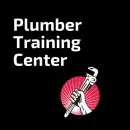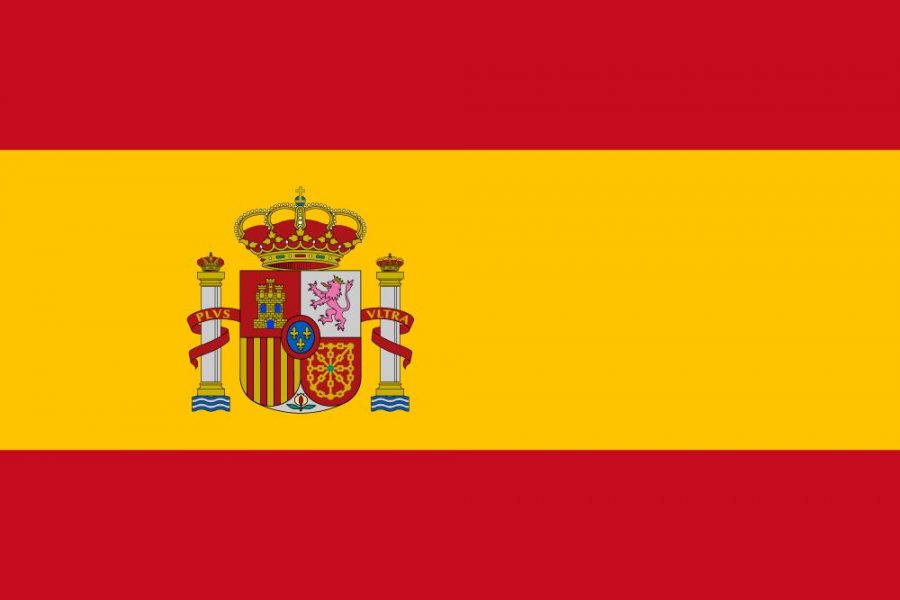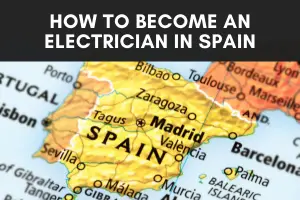If you’re thinking about becoming a plumber in Spain, but aren’t sure about what’s involved, keep reading, and we’ll give you a start on formalizing your plumbing career in Spain.
What activities do plumbers handle Spain?
In Spain, plumbers are referred to as “Fontaneros”, in other parts of Latin America, they are often referred to as plomeros and also fontaneros. Plumbers in Spain, as can be expected carry out a wide range of tasks, among them the diagnostic, installation, maintenance, and repair of residential and industrial piping for different services, such as air, gas and water. Theory and hands-on experience is something a working plumber will need to have.
Aside from plumbing-specific skills, successful plumbers will need to have the typical acumen of business and personal skills including;
- Communication and services: being able to communicate clearly with technical and non-technical language, this helps both with clients and co-workers
- Time management: having the skills to work under pressure and be able to prioritize tasks in order to complete jobs
- Problem resolution: being analytical and capable of providing solutions to problems regarding the plumbing profession
- Manual dexterity and good coordination: being able to move and lift weight of up to 20 kg
- Safety focus: be aware of the correct procedures and equipment to be safe during the work
Plumbing Regulation in Spain
As it happens in many service professions, there are individuals that work in an autonomous way and without the regulation of any official entity. Manual trade skills have always tilted this way.
In Spain, a lot of discussions have been held regarding this topic and in recent years, and changes have been made in relation to the certifications regulating the industry. The regulations and norms that one previously needed to be ascribed to were managed at a national level, nowadays after laws known as Omnibus and Paraguas, the profession has remained absent of regulation in an attempt to simplify administrative procedures and favor the free flow of services and a more open marketplace.
The National Confederation of Business Associations in Plumbing, Gas, Heating, Air Conditioning, Protection against Fire, Electricity and Related (Conaif), key entity for the businesses related to the profession, has mentioned that simplifying administrative matters shouldn’t mean a total deregulation of plumbing and they suggest the restoration of professional licenses and business records at a national level. At the moment, some regulations exist in different communities and unifying them would allow businesses to operate more freely.
Depending on the province or specific city you want to work in, the necessary requirements to work as a plumber in a legal manner might be different. Normally, to obtain an installer license you need to pass a written test covering a wide range of topics. There’s a possibility to forego this test if you can prove you have the equivalent academic studies.
Plumbing Education in Spain
A good education in plumbing focuses on theory and practical experience in the technology technologies of domestic and industrial water installations, knowledge on current standards and plumbing codes, and of course safety training.
There are plenty of training options, occasionally you might find free courses provided by public institutions such as the Public Service of State Employment, which constantly updates the existing educational offers in different topics and professions for each autonomous community in Spain, you can find the list here.
There a also private training course options which you can find online. A training course to complete the necessary topics and then approve a licensing test can cost up to 900 euros and it can last at least 140 hours. If you go to Google.es and search for the term “cursos de fontaneria” you will find plenty of options to evaluate.
A plumbing apprenticeship is always an option. You can search online or call some plumbing companies to see if they offer apprenticeship programs.
Professionalism Certificates
Professionalism Certificates have emerged across Europe as a recognized framework identifying competence if different trades and professions. In Spain, they are accredited and evaluated by the Public Service of State Employment (SEPE) along with the Work Administration of each Autonomous Community.
There’s a complete National Catalog of Professional Qualifications, among which you can find Domestic Plumbing and Heating-Air Conditioning Operations (IMAI0108) within the professional family of Installation and Maintenance.
The competence this qualification aims to certify is piping installation, preparing, cutting and connection of pipes with different types of materials according to the installation and the assembly and removal of sanitary equipment, radiators and air conditioning devices for domestic use, with the adequate conditions regarding quality and safety, in compliance with the established norms.
The Professionalism Certificates are divided into formative modules, these are the minimal units you can get credit for. Once you approve all the modules, you’ll be able to obtain the complete Professionalism Certificate. This specific certificate related to plumbing has a duration of 480 hours, including a module for your working practices.
There are different levels within the Professionalism Certificates and depending on the level, you’ll be asked to have different studies in order to have access.
If you’re enrolling in a level 1 you won’t be required any type of previous education, is it’s a level 2 you’ll be asked to have mandatory secondary education (ESO) or equivalent studies and lastly, if it’s a level 3 need to have completed high school or equivalent studies.
Depending on the certificate, having professional experience will also be taken into account. You can review the complete catalog here and it’s advisable that you visit SEPE website for more information in the following link.
We hope you find this information a useful start on your way to making the plumbing profession a reality for you in Spain.
To read this article in Spanish, click here.


